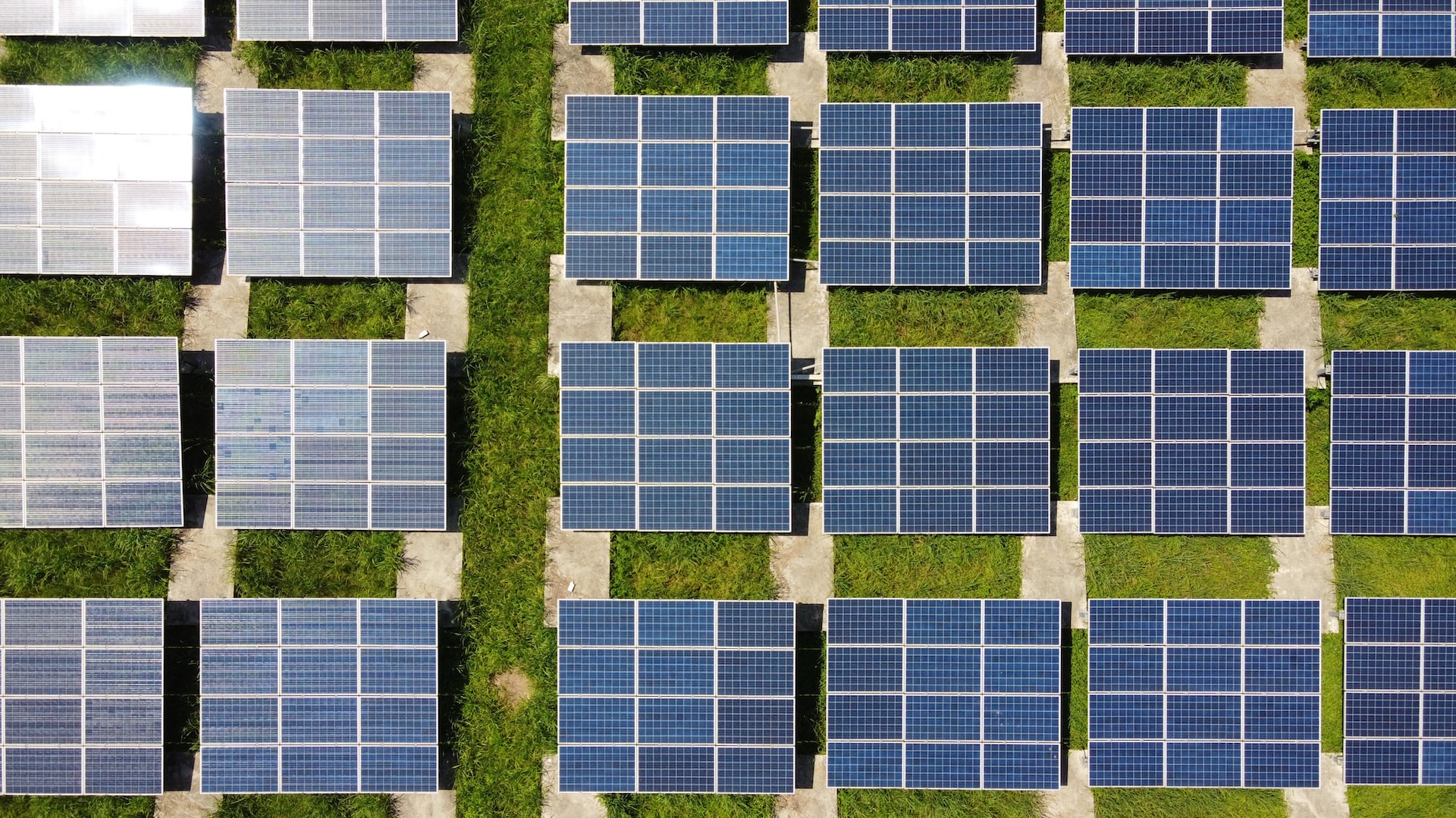Climate Incentives from the Inflation Reduction Act
President Joe Biden signed the Inflation Reduction Act of 2022 (IR Act) into law on Tuesday, 16th August 2022. A portion of the provisions in the Inflation Reduction Act was meant to make it cheaper for Americans to conduct actions to move toward cleaner micro-infrastructure.
In essence, most of the climate benefits attributed to the IR Act were meant to come from incentivizing significant shifts in the sector, particularly in the construction of wind and solar energy sources.
Nonetheless, the new law considers how individual choices could be useful when undertaken on a large scale.
Americans who install rooftop solar panels and buy electric cars or high-efficiency appliances will be among the key beneficiaries of the new law.
A General Breakdown of the IRA
Here is a more comprehensive overview of the IRA. The IRA covers quite a bit of aspects in addition to incentives.
The bill should account for Medicare to address lower drug prices, lower premiums on ACA policies for a portion of Americans, it will account for carbon emissions and climate change, energy, and other related factors.
When Will the Climate Incentives Kick In?
At the same time, it is necessary to look at the fine print to see the portion of genuine savings present for Americans. While the bill has been signed into law, there are notions that American eco-friendly consumers will have to wait until 2023 to reap the attributed financial benefits. However, some policy analysts predict that the wait could go as far as 2024.
When will you access the tax breaks for home efficiency upgrades? Well, it is important to know that their Act provides two tax credits targeting homeowners who make certain upgrades. First, the nonbusiness energy property credit will be a 30% tax credit amounting to $1,200 annually.
HOMES Rebate Program
This tax credit is meant to defray the prices charged on the installation of energy-efficient skylights, exterior windows and doors, and insulations. In addition, those who install biomass stoves, biomass boilers, heat pumps, and heat pump water heaters will access a higher cap amounting to $2,000.
High Efficiency Home Rebate Act
The second category is the residential clean energy credit amounting to a 30% tax credit. The tax credit is applicable to the activities aimed at installing solar panels and other essential equipment aimed at harnessing renewable energy like biomass fuel, wind, and geothermal.
Remember that you can not claim two rebates for the same upgrade.
If you are interested in learning more about the HOMES Rebate Program or High Efficiency Home Rebate Act and if you can qualify, learn more here.
If you are interested in taking more action, schedule an energy audit and then look into different aspects with other providers from solar power panels and other home upgrade providers that could reduce your energy bill and help increase your overall efficiency.
The Inflation Reduction Act and Businesses in The Green Technology Sector
Each of the policies adopted in the IR Act is most likely to enhance and tweak the existing tax breaks that are meant to expire soon. Moreover, there is a possibility that they will be extended for about a decade.
It will be interesting to see the impact that the IRA has on clean energy businesses that range from Plug Power to solar power panel companies and other businesses that are driving the green energy revolution. Leading companies within the sector, like Tesla, may also see more competition as more traditional car manufacturers enter into the EV sector and continue to ramp up their offerings.
There is quite a bit of industries that will see some impacts from the bill and they will need to prepare to see how they can benefit from the bill and to reduce potential higher tax impacts.

